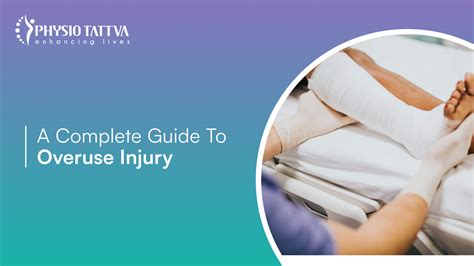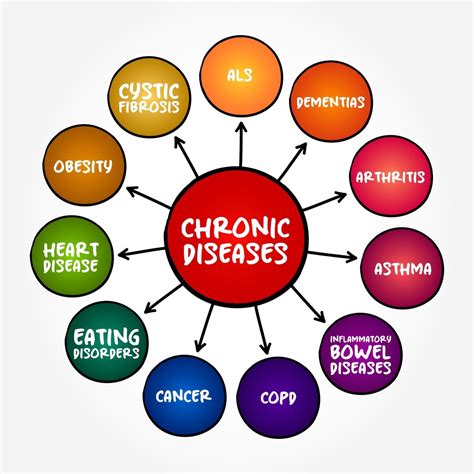Intro
Discover the 5 causes of muscle pain, including injury, strain, and poor posture, and learn how to alleviate symptoms with targeted relief, exercise, and physical therapy to reduce muscle soreness and tension.
Muscle pain is a common complaint that can affect anyone, regardless of age or fitness level. It can be a minor annoyance or a debilitating condition that interferes with daily activities. Understanding the causes of muscle pain is essential to finding effective treatments and preventing future episodes. In this article, we will explore the five main causes of muscle pain, their symptoms, and ways to alleviate them.
Muscle pain can be acute or chronic, and it can be caused by a variety of factors. Acute muscle pain is typically the result of a sudden injury or overuse, while chronic muscle pain can be caused by underlying medical conditions or repetitive strain. Some people may experience muscle pain as a result of their occupation or lifestyle, while others may be more prone to it due to genetic factors. Whatever the cause, muscle pain can have a significant impact on quality of life, making it essential to find effective treatments and prevention strategies.
Muscle pain can manifest in different ways, depending on the underlying cause. Some common symptoms include soreness, stiffness, and limited range of motion. In some cases, muscle pain can be accompanied by other symptoms such as fatigue, fever, or swelling. If left untreated, muscle pain can lead to more severe conditions, such as tendonitis or bursitis, which can require medical attention. By understanding the causes of muscle pain, individuals can take steps to prevent it and seek treatment when necessary.
1. Overuse and Injury

Symptoms of Overuse and Injury
Some common symptoms of overuse and injury include: * Soreness or stiffness in the affected muscle * Limited range of motion or flexibility * Swelling or bruising in the affected area * Pain or tenderness to the touch * Fatigue or weakness in the affected muscle2. Poor Posture and Body Mechanics

Symptoms of Poor Posture and Body Mechanics
Some common symptoms of poor posture and body mechanics include: * Back or neck pain * Headaches or migraines * Fatigue or weakness in the affected muscle * Limited range of motion or flexibility * Pain or tenderness in the shoulders, hips, or knees3. Medical Conditions

Symptoms of Medical Conditions
Some common symptoms of medical conditions that cause muscle pain include: * Widespread muscle pain or tenderness * Fatigue or weakness * Limited range of motion or flexibility * Swelling or inflammation in the affected area * Pain or tenderness in the joints or muscles4. Nutritional Deficiencies

Symptoms of Nutritional Deficiencies
Some common symptoms of nutritional deficiencies that cause muscle pain include: * Muscle cramps or spasms * Weakness or fatigue * Limited range of motion or flexibility * Pain or tenderness in the muscles or joints * Numbness or tingling in the hands or feet5. Stress and Anxiety

Symptoms of Stress and Anxiety
Some common symptoms of stress and anxiety that cause muscle pain include: * Tension or stiffness in the muscles * Pain or tenderness in the neck, back, or shoulders * Fatigue or weakness * Limited range of motion or flexibility * Difficulty sleeping or insomniaWhat are the most common causes of muscle pain?
+The most common causes of muscle pain include overuse and injury, poor posture and body mechanics, medical conditions, nutritional deficiencies, and stress and anxiety.
How can I prevent muscle pain?
+To prevent muscle pain, it's essential to maintain good posture, engage in regular exercise, eat a balanced diet, and manage stress and anxiety. It's also important to take regular breaks to rest and recover, especially after strenuous physical activity.
What are the symptoms of muscle pain?
+The symptoms of muscle pain can vary depending on the underlying cause, but common symptoms include soreness, stiffness, limited range of motion, swelling, and pain or tenderness in the affected area.
How can I treat muscle pain?
+Treatment for muscle pain depends on the underlying cause, but common treatments include rest, ice, compression, and elevation (RICE), physical therapy, pain relief medication, and stress-reducing activities such as meditation or yoga.
When should I seek medical attention for muscle pain?
+It's essential to seek medical attention for muscle pain if it is severe, persistent, or accompanied by other symptoms such as fever, swelling, or numbness or tingling. It's also important to seek medical attention if muscle pain is caused by a underlying medical condition or if it interferes with daily activities.
In summary, muscle pain can be caused by a variety of factors, including overuse and injury, poor posture and body mechanics, medical conditions, nutritional deficiencies, and stress and anxiety. By understanding the causes of muscle pain, individuals can take steps to prevent it and seek treatment when necessary. If you are experiencing muscle pain, it's essential to consult with a healthcare provider to determine the underlying cause and develop a treatment plan that addresses your specific needs. We invite you to share your experiences with muscle pain and how you have managed to alleviate it. Your comments and feedback are valuable to us, and we look forward to hearing from you.
